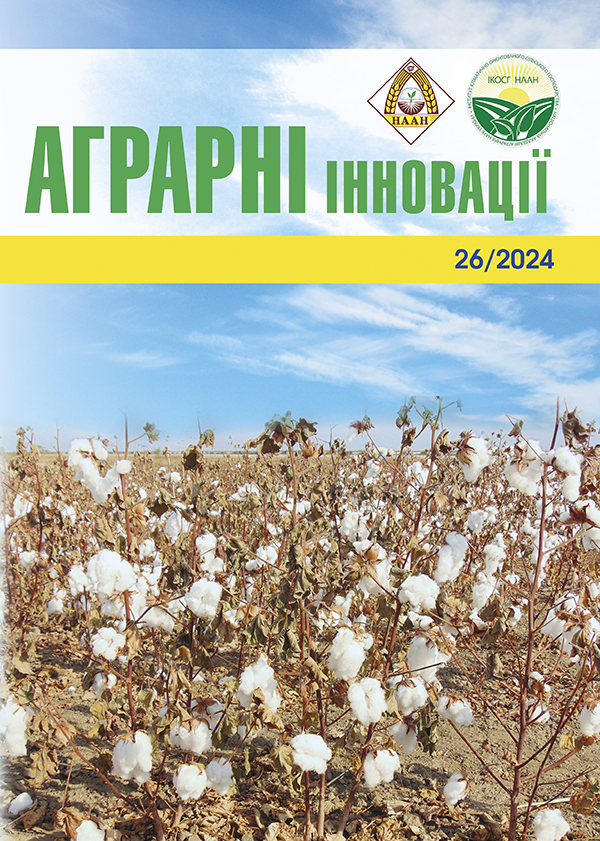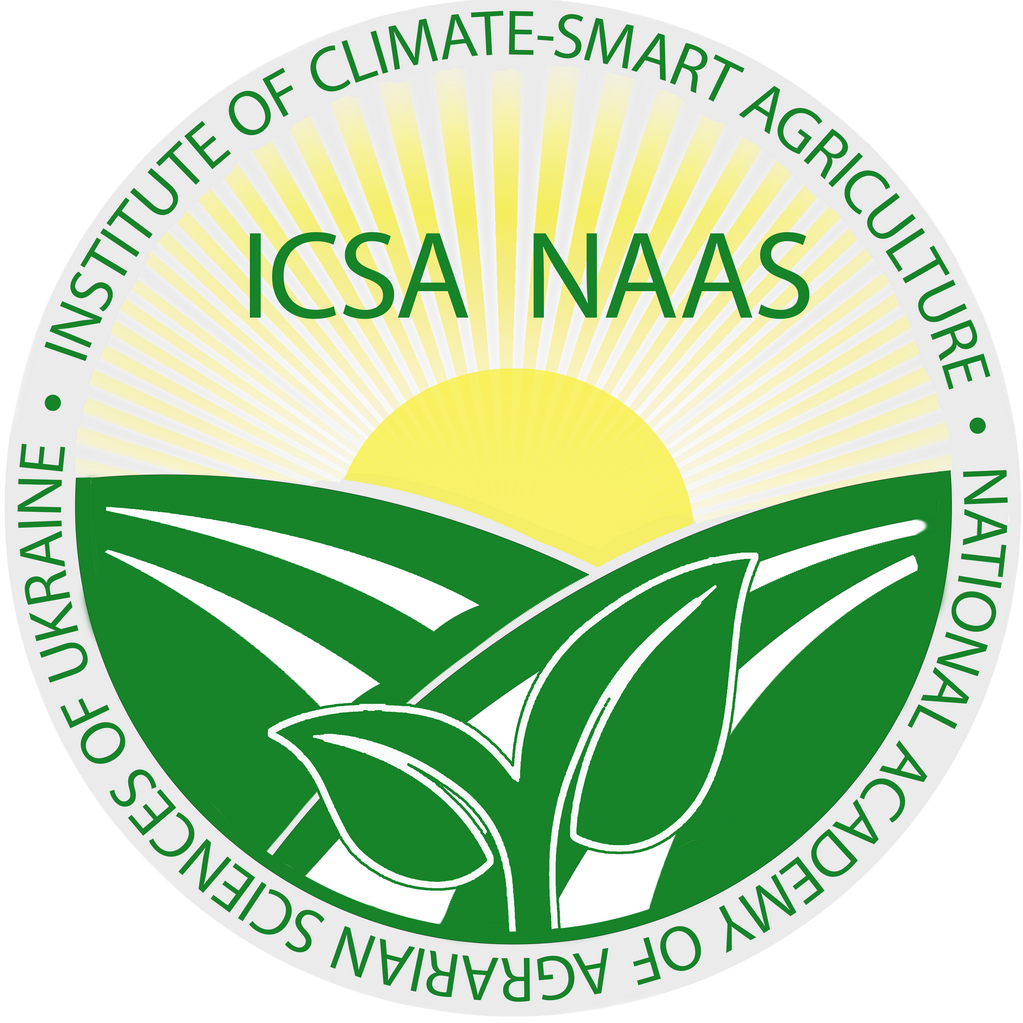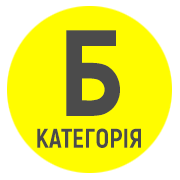THE RESILIENCE OF A CIRCULAR ECONOMY IN THE CONTEXT OF INDUSTRY 4.0 DEVELOPMENT
Abstract
This research article is devoted to the study of the possibility of integrating digital technologies into the circular economy in order to increase the efficient use of resources and reduce the negative impact on the environment. The research results showed that the effective use of digital technologies in the circular economy is possible through the use of blockchain technology to ensure transparency, control of supply chains, using the Internet of Things to monitor and optimise waste recycling and disposal processes, and the use of artificial intelligence to increase the efficiency of production processes. However, the interaction between the concepts of circular economy and Industry 4.0 can be complicated due to some problems and challenges. These include the high costs of implementing digital technologies, the need to retrain staff, and possible data security risks. Successful implementation of digital technologies in the circular economy requires a holistic and systematic approach based on effective cooperation between different sectors and companies. In addition, active support from the state is needed to support and stimulate innovation in this area. The authors of the article believe that the combination of digital technologies with the concept of the circular economy helps to achieve more sustainable and efficient use of resources in industry and consumption. However, unlocking the potential of integrating digital technologies into the circular economy requires overcoming obstacles and addressing challenges, as well as developing a comprehensive strategy for interaction between the concepts of the circular economy and Industry 4.0. For the successful integration of digital technologies into the circular economy, it is necessary to create a comprehensive strategy that will take into account the specifics of production processes and resource consumption in various sectors of the economy and meet the needs and interests of stakeholders, such as government agencies, industrial companies and consumers. The results of the study indicate the potential for interaction between the circular economy and Industry 4.0, and point to new opportunities and challenges for further cooperation between these concepts. Future research should aim to address these challenges and develop more comprehensive approaches to value creation that take into account the principles of Industry 4.0 and the circular economy.
References
2. Elgaaied, L., Ayadi O. F., Pires A. J., & Eldabi T. Industry 4.0 and circular economy integration: A review of practices and enabling technologies. Journal of Cleaner Production, 298, 126678. URL: https://doi.org/10.1016/j. jclepro.2021.126678. (Last accessed: 16.04.2024).
3. Tavana, M., Di Caprio, D., Santos-Arteaga, F. J., & Gandara, A. Circular Economy 4.0: An Emerging Paradigm for Digital Transformation in Production and Consumption Systems. Sustainability, 11(22), 6197. URL: https://doi.org/10.3390/su11226197. (Last accessed: 16.04.2024).
4. Elgaaied, L., Gharbi, A., Pellerin, R., & Pesant, J. P. Circular economy and industry 4.0 integration: a systematic review. Journal of Cleaner Production, 285, 125422. URL:https://www.sciencedirect.com/journal/ journal-of-cleaner-production. (Last accessed: 17.04.2024).
5. Tavana M., Di Caprio, D., Santos-Arteaga F. J., Shamshiri-Pour M., & Hajmohammad S. Circular economy 4.0: An emerging paradigm for digital transformation in production and consumption systems. Technological Forecasting and Social Change, 142, 155-163. U R L : h t t p s : / / w w w. s c i e n c e d i r e c t . c o m / j o u r n a l / technological-forecasting-and-social-change. (Last accessed: 18.04.2024).
6. Zeng S., Shi J., Lou G., & Zhang H. Circular economy meets Industry 4.0: Introduction to the book. Circular economy and Industry 4.0, 1-16.
7. Filippetti, C., & Marzi, E. Industry 4.0 and Circular Economy: The Case of Food Manufacturing Industry. Sustainability, 12(11), 4653. URL: https://doi. org/10.3390/su12114653. (Last accessed: 20.04.2024).
8. Нестерова К. С., Щербата М. Ю., Гришова Р. В. Ризики розвитку циркулярної моделі економіки в умовах нестабільності світового ринку. Бізнес Інформ. 2023. №1. C. 48–53. URL: https://doi. org/10.32983/2222-4459-2023-1-48-53 (дата звер- нення 21.04.2024).
9. Abid, S., Sahin, A., Sarstedt, M., Singh, S., & Borowiecki, M. The potential of Industry 4.0 technologies for transitioning to a circular economy: A systematic literature review. Sustainability, 13 (7), 3865.
10. McKinsey & Company. Circular economy practices: Opportunities for growth. [Online report]. URL: https:// www.mckinsey.com/business-functions/sustainability/ our-insights/circular-economy-practices-opportunities- for-growth. (Last accessed: 05.06.2024).
11. Global Circular Economy Coalition. The Role of Digital Technologies in Accelerating the Transition to a Circular Economy. [Online]. URL: https://docs.wbcsd. org/2021/03/The_Role_of_Digital_Technologies_in_ Accelerating_the_Transition_to_a_Circular_Economy. pdf. (Last accessed: 20.04.2024).
12. Accenture. Resilient and Agile Supply Chains: Maximizing the Potential of Industry 4.0 in a Circular Economy. [Online report]. URL: https://www.accenture. com/_acnmedia/PDF-144/Accenture-Resilient-and- Agile-Supply-Chains.pdf (Last accessed: 21.04.2024).
13. Hilario da Silva, T. H., & Sehnem, S. The circular economy and Industry 4.0: synergies and challenges. Department of PPGA, UNISUL, Florianópolis, Brazil and Department of Management, Unoesc, Chapecó, Brazil and Department of Management, UNISUL, Florianópolis, Brazil. URL: https://www.emerald.com/ insight/content/doi/10.1108/REGE-07-2021-0121/full/ html (Last accessed: 19.04.2024).
14. Гришова, І., Гришова, Р. Державна політика сталого розвитку у контексті циркулярної моделі економіки. Перспективи розвитку освіти, науки та бізнесу у глобальній середовищі. Матеріали VIII Міжнародної наукової конференції. Тернопіль, 2020. С. 45-47.
15. Гришова І. Ю., Нестерова К. С. Концепт циркуляр- ної економіки у контексті забезпечення сталого роз- витку. Економіка АПК. 2021. № 4. С. 88 – 94. URL: https://doi.org/10.32317/2221-1055.202104088. (дата звернення 03.05.2024).
16. Balian A., Gryshova I., Shabatura TS. Realities of state support for development agricultural production in Ukraine. Scientific Papers of Legislation Institute of Verkhovna Rada of Ukraine, (2), 156-167. URL: https:// doi.org/10.32886/instzak.2021.02.16. (Last accessed: 02.05.2024).
17. Кошкалда І. В., Ряснянська А. М., Руденко С. В. Розвиток біоорієнтованої економіки: досвід Європейського Союзу. Економіка АПК. 2021. № 12. С. 55-64. URL: https://doi.org/10.32317/2221-1055.202112055. (дата звернення 01.05.2024).
18. Khaustova, V., Gryshova, I., Kostenko, D., & Butenko, T. State policy in the field of implementation of bioenergy technologies in the context of its regulatory and legal support. Ekonomika APK, 28(11), 70-82. URL: https:// doi.org/10.32317/2221-1055.202111070. (Last accessed: 04.05.2024).
19. Gryshova, I., & Nesterova, K. The concept of a circular economy in the context of sustainable development. Ekonomika APK, 28(4). URL: https://doi. org/10.32317/2221-1055.202104088. (Last accessed: 04.05.2024).






